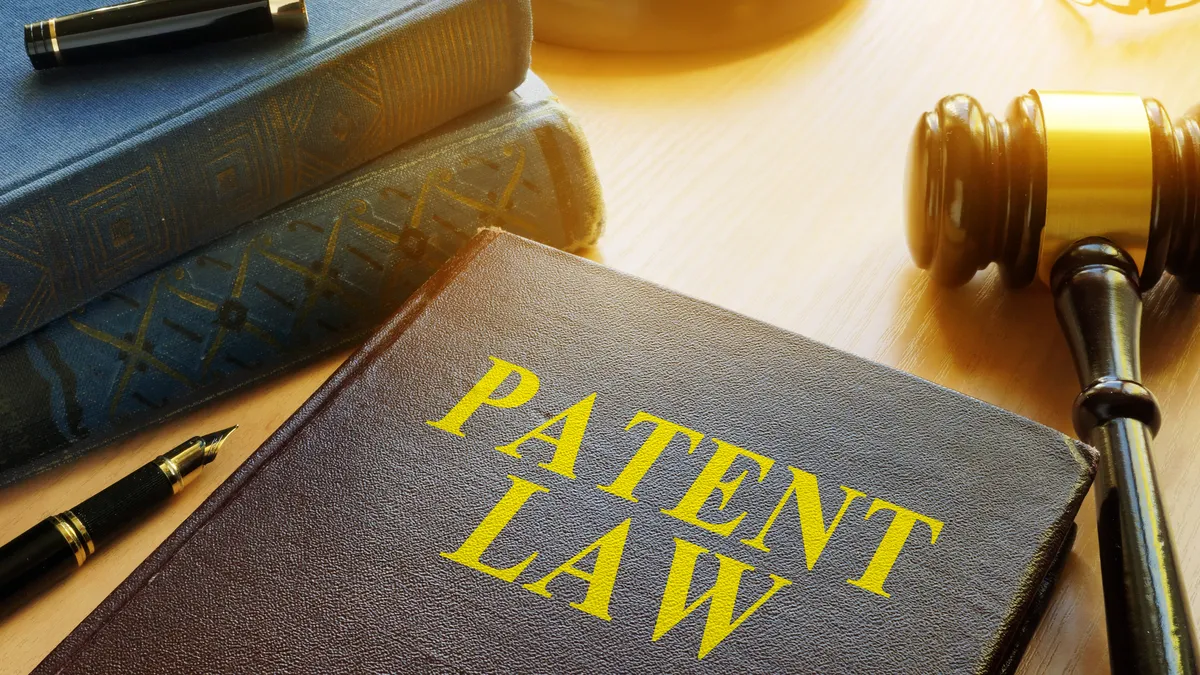Large companies such as Samsung, Google, Apple and Amazon are the most frequent targets of patent litigation.
But a new report highlights how smaller companies have also become fairly common targets of patent lawsuits filed by non-practicing entities (NPEs), which are also sometimes called patent trolls because they acquire patents to assert them against other companies.
More than 52% of companies targeted in patent lawsuits by NPEs between 2017 and 2022 had annual revenues of less than $25 million, according to a study from intellectual property analysis company HighTech-Solutions.
Additionally, more than 61% of the targeted companies had no patents and another 12% held fewer than 10 patent families, according to the report that examined more than 6,100 lawsuits.
By comparison, companies holding 500 or more patent families represented only 10.4% of the NPE’s targets despite the fact that these businesses typically have broader product offerings and larger revenues.
“Many small companies have a false sense of security that only large companies can be targets of NPE suits,” said Jeff Carter, CEO of HighTech-Solutions, in a statement. “The truth is that companies of any size need to be proactive in developing a comprehensive IP strategy.”

IPOs and funding rounds
The HighTech-Solutions study also found that companies who are preparing for an initial public offering, or have just announced an IPO, are at a greater risk of being sued by a NPE.
There were 247 businesses that conducted an IPO from 2012 to 2022 and were the targets of NPE lawsuits between 2017 and 2021. Roughly 39% of the cases involved suits that were filed from two years prior to two years after the IPO, the report said.
“When companies anticipate an exit, whether it be IPO or acquisition, they are at a heightened risk for lawsuits filed by NPEs,” said Patrick McBride, senior director & assistant general counsel for IP at Red Hat, in a press release about the study.
A significant funding round can also put a privately held company at a higher risk of being the target of an NPE lawsuit.
This is particularly true for businesses where the most recent funding round was at least a Series C round.
“A funding round of approximately $50 million or more at this stage appears to make private firms more attractive to NPEs in their searches for targets,” the report said.
LOT Network
The study was commissioned by LOT Network, an international non-profit patent licensing platform.
The network helps companies large and small work together to limit the effects of patent litigation filed by non-practicing entities, which do not make goods or services and do not conduct R&D.
The HighTech Solutions study highlighted that responding to lawsuits from NPEs is time-consuming and expensive, particularly for businesses that don’t have the in-house legal resources to address such issues.
“With the average cost to defend an NPE lawsuit hovering around $4 million, there is a clear benefit to taking protective measures, like joining a defensive community such as LOT Network, to reduce exposure,” McBride of Red Hat said in his statement.











